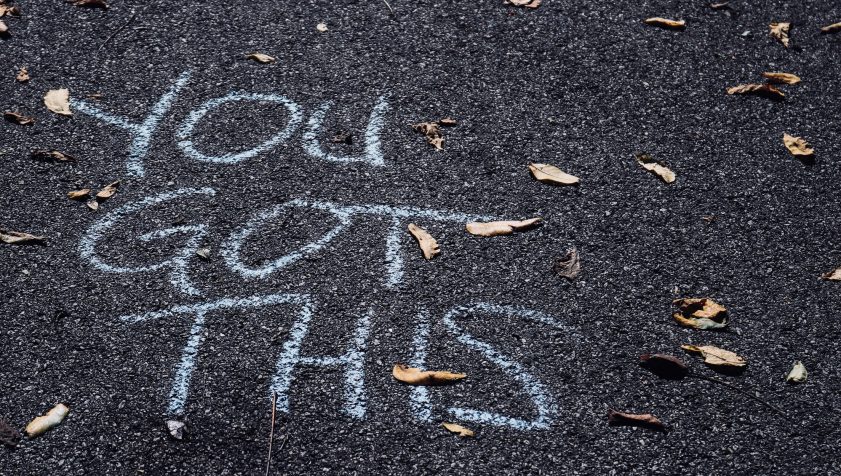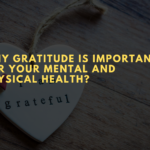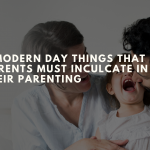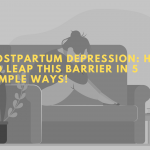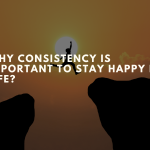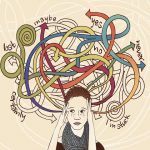Sometimes in life we all feel a bit anxious be it giving a class presentation, socializing with people for the first time in college, learning how to ride a bicycle or asking that person out; anxiety is present in people’s lives in one form or the other.
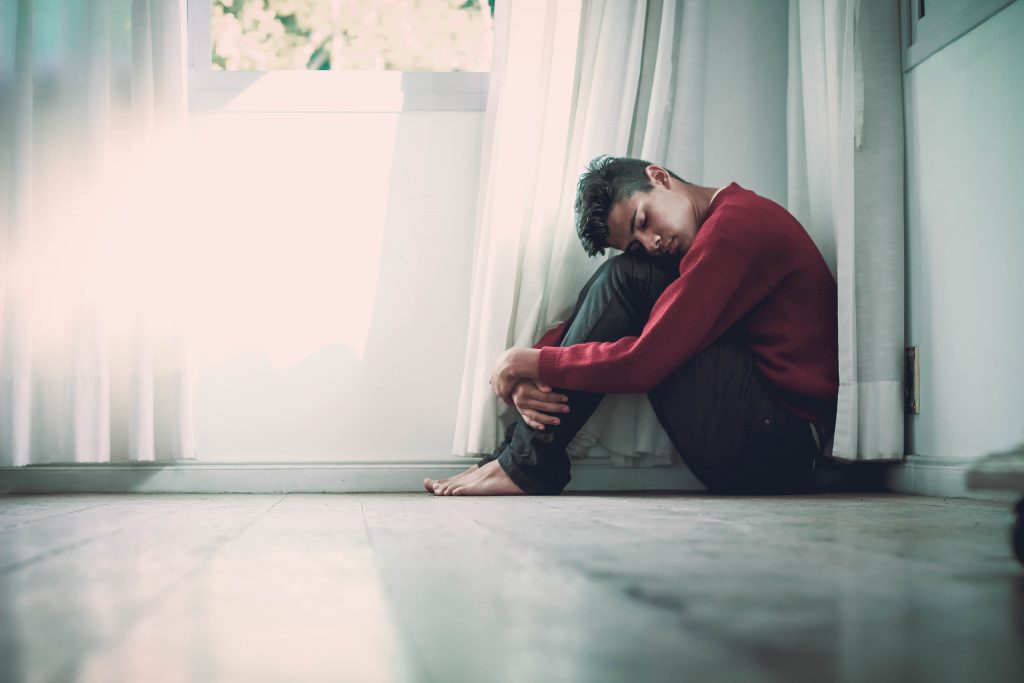
We feel anxious before taking decisions, before entering a relationship with someone or sometimes when we’re alone. There’s not a person who can confidently say that they have never faced anxiety in their life. But there’s a distinction to normal anxiety and clinical anxiety disorder. People who face clinical anxiety disorder have it difficult though. The clinical anxiety disorder does not go away with time, it can worsen and even impair the regular life of the individuals.
Anxiety Disorder leads to elevated responses of an individual to non-significant events of life- freaking out before giving a speech to the extent that heart rate accelerates above regular, blood glucose levels get exhausted and sweaty palms are a general reaction of the body to any event that can trigger anxiety.
Anxiety can be based on various aspects of the person experiencing it. Their past experiences play a major role in it. If they have a history of abusive family or relationships, the symptoms tend to get worse. There can be phobias as well that trigger anxiety – most weird of which is Trypophobia (please don’t google it). Social anxiety is another type of anxiety which impairs one from making social bonds and establishing friendships, individuals suffering from social anxiety are super cautious that they don’t draw attention to themselves.
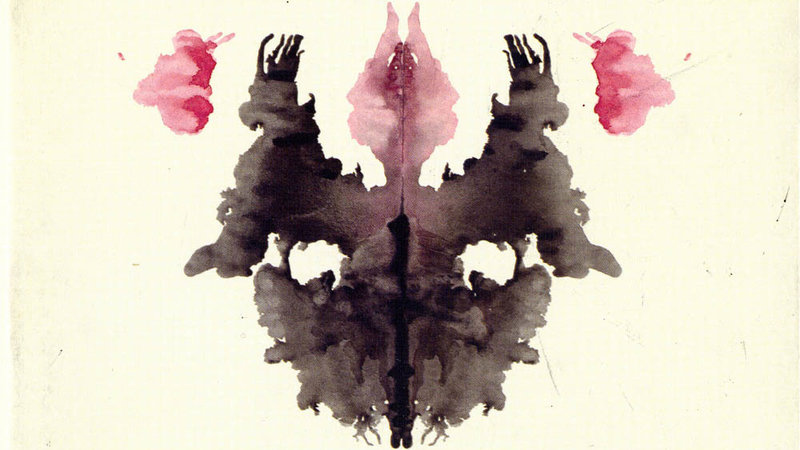
TREATMENT OF ANXIETY
Generally, anxiety disorders are treated by medications and psychotherapy or the ‘talk therapy’. There are also other options at the doctor’s disposal as per need. Patients and doctors work together to tailor the therapy as per the needs of the patients.
- SELF – TREATMENT in cases where the symptoms of anxiety are mild and are manageable home treatment can be of some help, however, in long term patients need to seek medical attention. There are many activities that you can do to help calm your mind.
1) STRESS MANAGEMENT- learning how to manage stress levels can help you out by laying out a plan on how to manage yourself when situations get stressful.
2) RELAXATION TECHNIQUES – simple methods to calm your mind like mindfulness and meditation. Breath working or deep focus and introspection can also help you.
3) SUPPORT NETWORK – create a support network of people that you can reach out to and can talk to without hesitation
4) EXERCISE – a regular exercise schedule can help you develop not only a fit physique but also give you better control of the mind. It is also crucial to follow when you’re diagnosed with anxiety as anxiety is about losing control over things and life.
- COGNITIVE – BEHAVIOUR THERAPY (CBT) this type of therapy focuses on finding the thinking patterns in the patients that trigger anxiety such that doctors can find the faults in it. CBT also helps people to socialize with people and deal with situations in society which is crucial to treat social anxiety. CBT focuses more on neutralizing the distorted thoughts that exacerbate or trigger anxiety. CBT works with exposure therapy that exposes the people to the things that they’ve been avoiding, due to the fears of anxiety, in a controlled environment. Sometimes patients are given certain topics to work on prior to attending the upcoming session.
- MEDICATION – medications that are available in markets are not for directly curing anxiety but to help the patient regain control of their lives and mind. Psychiatrists prescribe drugs according to the patients and their requirements, drugs like anti-anxiety, anti-depressive and β blockers are mostly used.

1) ANTI-ANXIETY MEDICATIONS – the most commonly used anti-anxiety drugs are benzodiazepines. These drugs are used to reduce the paranoia and fear triggered by anxiety and act as the first line of defense against anxiety attacks. This drug type has its own benefits and drawbacks as well. Benefits are that this drug is quick to action as compared to other drugs in the market that are used for the same reasons. Drawbacks are that the patients develop tolerance towards such medicines and are even known to get dependent on it. To avoid getting patients dependent on such drugs doctors prescribe such medications for shorter periods of time. One should be cautious that these drugs should not be terminated abruptly, because that can cause withdrawal symptoms, these medicines should be phased out slowly as per the guidance from your psychiatrist. In the case of chronic anxiety, another drug ‘buspirone’ is given.
2) ANTI-DEPRESSANTS – these are prescribed for treating depression and have also been used to treat anxiety. These drugs alter the ways the brain responds to stimulus and uses the chemicals to react. Since there are a variety of drug types under this category you will be required to try some until you find a perfect medication that suits you. Sometimes a family member’s prescription will also be analyzed if they have had such conditions. Anti-depressants are required to be taken for a while as they take some time to work, this always creates an illusion in people about its efficiency and they conclude that it wasn’t working. If you abruptly stop taking medicines that can trigger some kind of withdrawal symptoms almost invariably. When the doctor and you decide if that medication isn’t working you’ll be lead off the medicines slowly.
3) β BLOCKERS – these medications are generally prescribed for cardiac issues so as to maintain the regular functioning of the heart. In the case of anxiety, they are used to control the physiological/bodily aspects of anxiety attacks like a racing heart, mental confusion, breathlessness, and trembling hands. These medicines literally ‘calm your nerves’ in the way that they slow down synaptic impulse transmission. In short, they help one control their symptoms and induce a sense of calm. They are used as the need of the person according to the environment around them.
Apart from taking medications if you have mild anxiety symptoms or if it is in a budding stage you can treat it without taking any medicines. There are support groups online and now even offline in metropolitan and tier 2 cities. You can share your recovery with people there, your insecurities and a group therapy session like this has proven itself to be beneficial. Not only you’re in an environment where no one will judge you for your fear, but you’re also interacting with other people that can help you break out of your hesitation. However, any advice that you are provided with either on online platforms or support groups should be taken with caution, do discuss it with your doctor.
Also, you should chart out your own plan to manage stress and situation that life throws at you, having that in hand shall help you in situations when you can’t access your doctor or are caught by surprise in limelight.
Lastly, remember anxiety isn’t a disease, it is an overreaction of mind to natural conditions and events of life. So even if you have anxiety, you aren’t sick; it can be treated and harnessed with support, planning and efficient medication. We leave you here with this quote by a Danish philosopher SØREN KIERKEGAARD –
“ANXIETY IS THE DIZZINESS OF FREEDOM”

